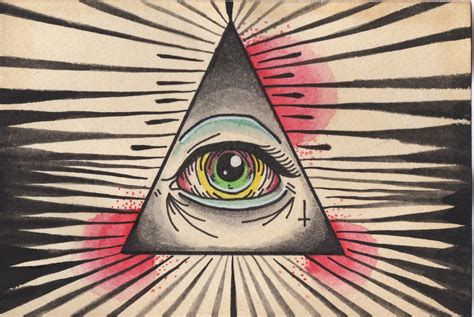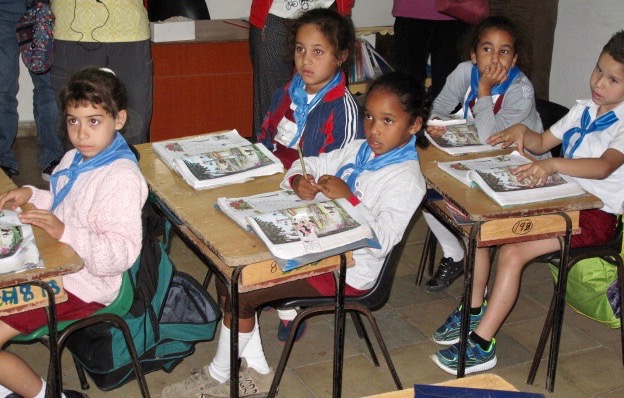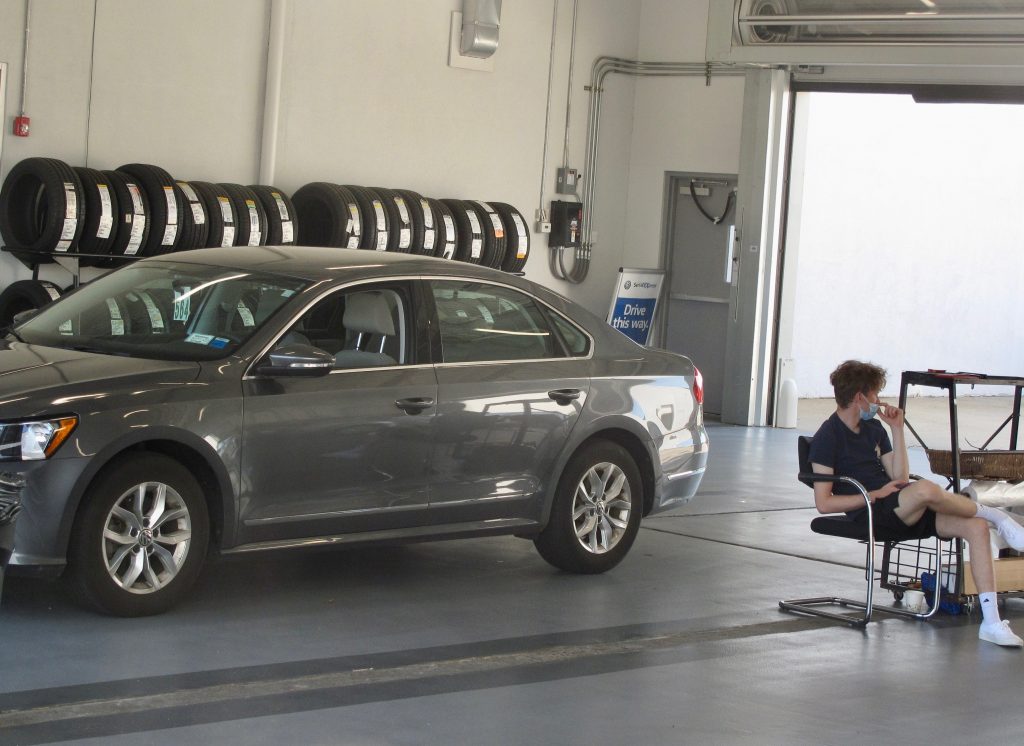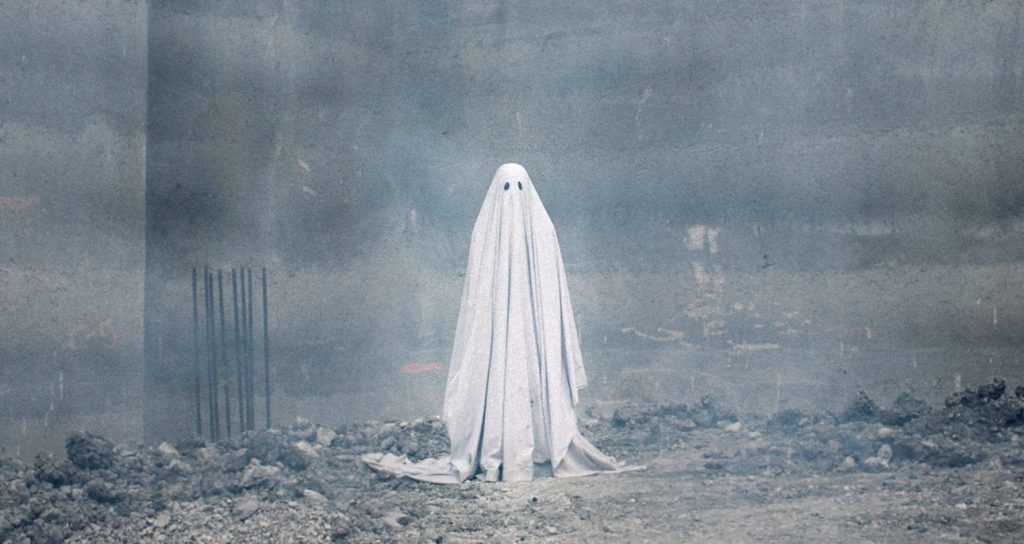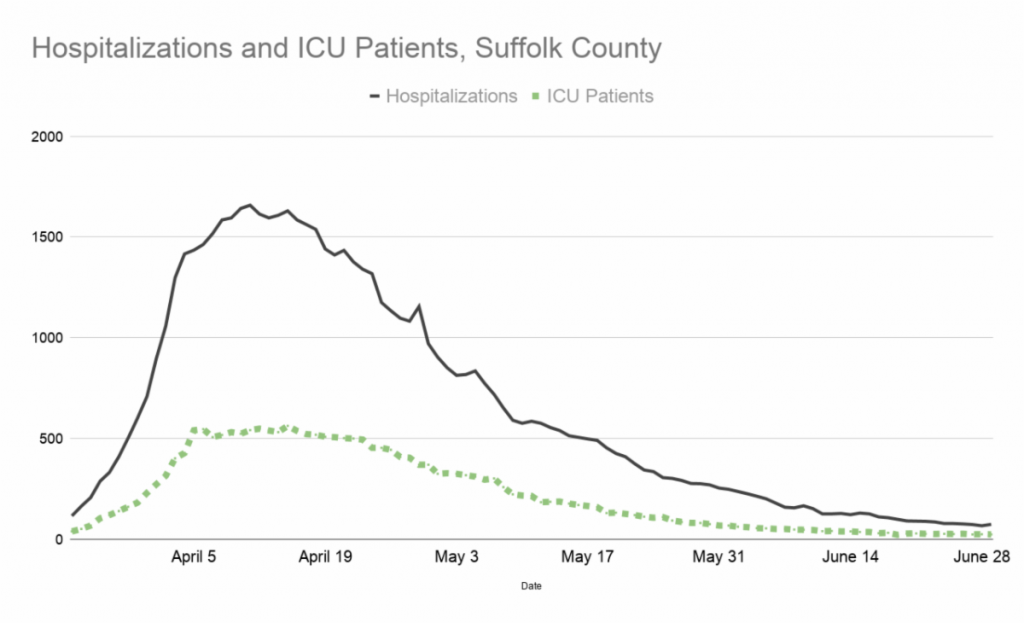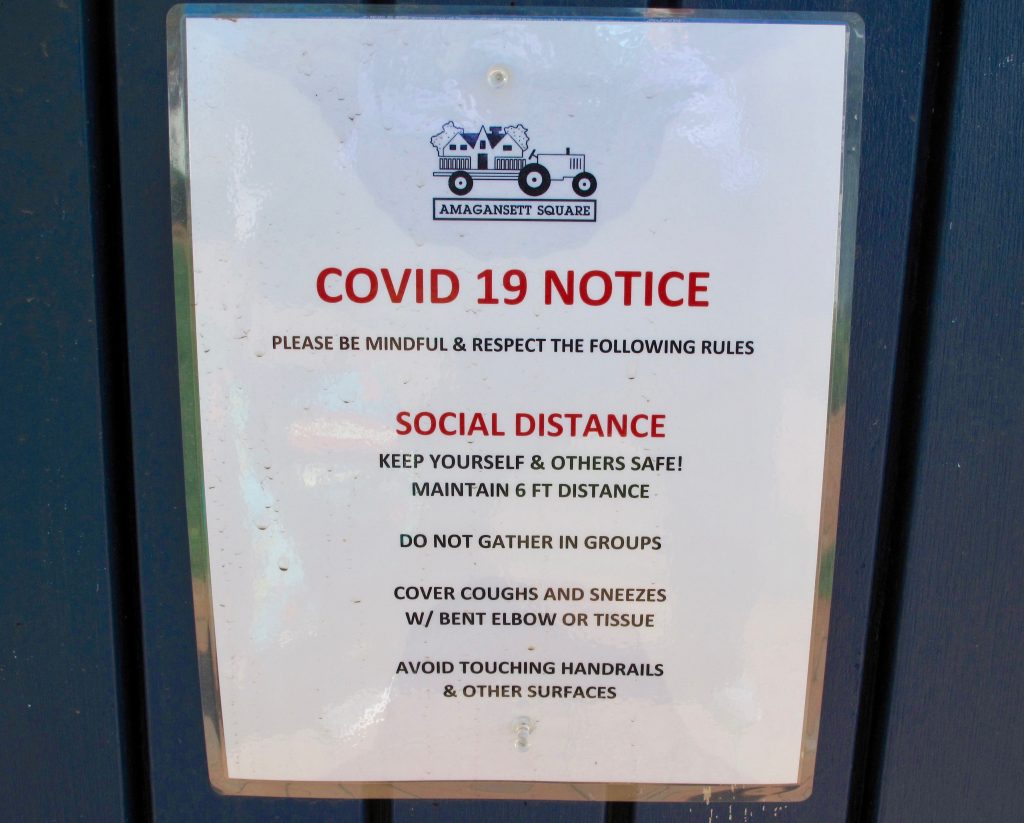
Tuesday, July 14
On this Bastille Day, one can make good use of lockdown time by reading historian Robert Darnton’s penetrating essay on the French Revolution, provided via The New York Review of Books. Consider these words, suddenly more apt than ever: “We take the world as it comes and cannot imagine it organized differently, unless we have experienced moments when things fall apart.” In such periods, engulfed in chaos, we face “seemingly limitless possibilities, both for good and for evil, for raising a utopia and for falling back into tyranny.”
This seems like such a moment, and we can now reimagine American society—but do we have the will and material resources to reconstruct it? Out of the chaos of Trumpian ignorance (‘shine a light in the body”) and dysfunction, a new society can be born. But first, as last night’s dreams inform me, we will have to confront a wasteland of vacant storefronts, abandoned cities, overstocked graveyards, and a disintegrating economy. Mad Max-land in living color.
Darnton also warns us of a possible danger. Along with its inspiring slogans and a will to recreate everything, including not only government and social relations but also time and space (in France, there was a reimagined calendar, new names for streets and buildings, and the sudden adoption of the more rational metric system), “the Revolution unleashed a new force, nationalism, which would mobilize millions and topple governments for the next two hundred years.”
Nationalism, fanatical xenophobia that seeks to rid a land of “impure blood,” remains the potentially most destructive impulse experienced by humankind. Republicans will certainly seek to stir that hornets’ nest in the coming months, in the service of MAGA man and his plutocratic backers. We’re likely to experience a scenario that not even the most imaginative of science-fiction writers would be able to conjure.
Right here and now, we’re imagining yet another Peapod delivery, scheduled for between 3 and 5 p.m. It’s like waiting for a sleigh-load brought by a forgetful or very inefficient Santa: You might get that bike you asked for, maybe even two bikes, but he could easily omit the pants you’ll need if you’re going outside. You have to do a little planning ahead before you can place an order—but once the order comes, those plans may have to be abandoned and new ones made. Yes, bread crumbs but no mushrooms; sure, here’s the pasta but no Parmesan to go with it. What dreams may come?
Dinner: spaghetti with fried eggs and coleslaw.
Entertainment: three episodes of Netflix’ Belgian courtroom drama The Twelve.

